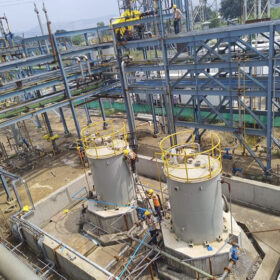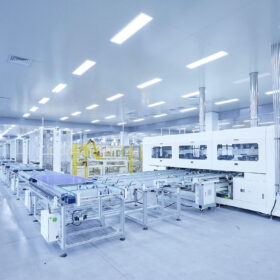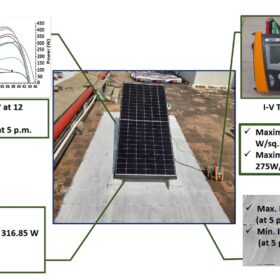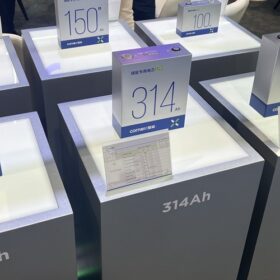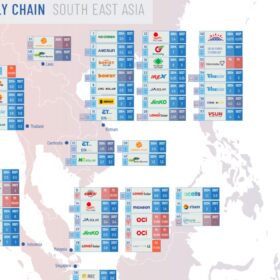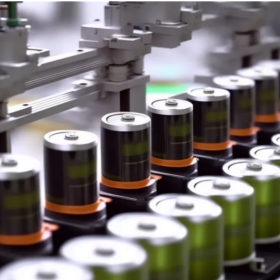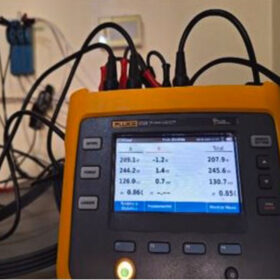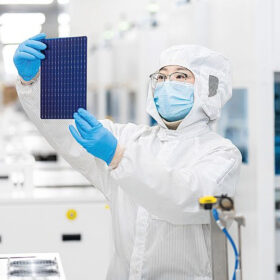Shoots of growth for Indian green hydrogen
India is laying the foundations of a hydrogen economy with huge governmental support. pv magazine spoke to Jakson Green CEO Bikesh Ogra about the company’s manufacturing and production activities in light of India’s ambitious hydrogen plans and the central role electrolyzer manufacturing is set to play.
Solving the UV problem of n-type solar
Laboratory testing has revealed that some negatively-doped, “n-type” tunnel oxide passivated contact (TOPCon) and heterojunction (HJT) solar modules are susceptible to ultraviolet (UV) light-related damage and degradation. That could mean trouble down the line, if modules in the field begin to show UV-related performance loss. Manufacturers are implementing solutions at cell and module level.
Optimal tilt angle for bifacial PV deployed on white-painted ground surfaces
Scientists in India have analyzed the performance of a bifacial PV module installed on a white-painted ground surface and have found a 30-degree tilt angle outperforms all other inclinations angles in terms of power output.
A look at next generation battery cells
The battery industry is experiencing a seismic shift with advancements in prismatic cell technology, led by companies like Cornex, which promise to reshape energy storage solutions.
Will Indian solar manufacturers go back-contact to the future?
Indian PV manufacturers are looking beyond tunnel oxide passivated contact (TOPCon) solar. Back-contact (BC) devices are an enticing prospect but many feel the technology is not mature enough. Uma Gupta considers the cost, yield, and reliability challenges that BC solar has to overcome.
Sinovoltaics tracks 78.8 GW solar module capacity in Southeast Asia
The latest supply chain map from Sinovoltaics tracks growth across Southeast Asia, with module capacity reaching 78.8 GW, and 58 production projects tracked.
Honeywell debuts new technologies across EV battery ecosystem
Honeywell is integrating ultrasound scanning-based comprehensive battery cell testing in its Battery Manufacturing Excellence Platform (MXP) software solution, enabling high-quality battery production by giga-factories. Also, it is launching new safety sensors that detect thermal runaway signs in EV batteries before a potential fire.
PV system sizing for 100% self-consumption
A group of researchers has proposed a new method for the sizing of PV systems that do not rely on an anti-dump system and operate without the possibility of injecting power into the grid. The novel approach requires an estimate of the annual hourly profile and the minimum power demanded, as well as the use of an irradiance meter and an electrical network analyzer.
How will PV’s intellectual-property scuffles shake out?
Lawyers are doing brisk business as tunnel oxide passivated contact (TOPCon) solar technology moves into the mainstream. A series of patent infringement cases have been launched in the United States and Europe and their impacts are reverberating through the marketplace. How likely is it that winners will emerge?
New coating prevents plant growth on underwater solar cells
The US Navy has funded Danish research on preventing biofouling while maintaining visible light transmission on underwater solar cells. The top solution uses ultra-low concentrations of nano-sized, seawater-soluble pigments. Power generation stayed close to 100% after 13 weeks underwater.
